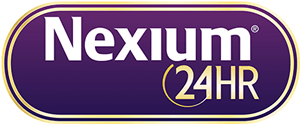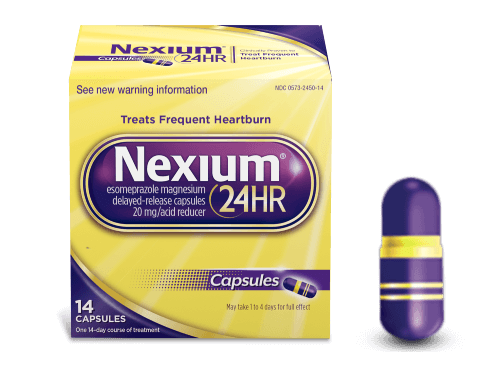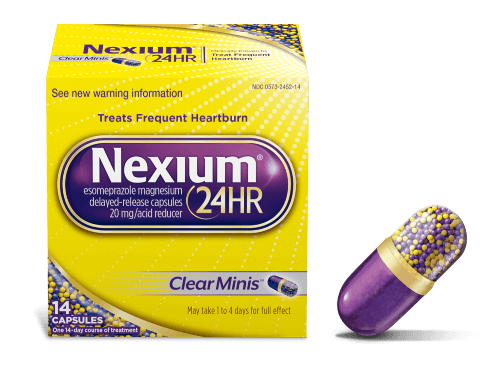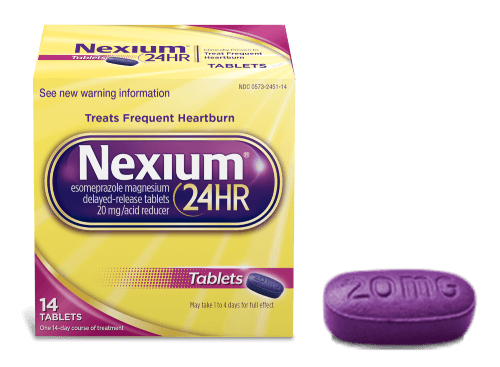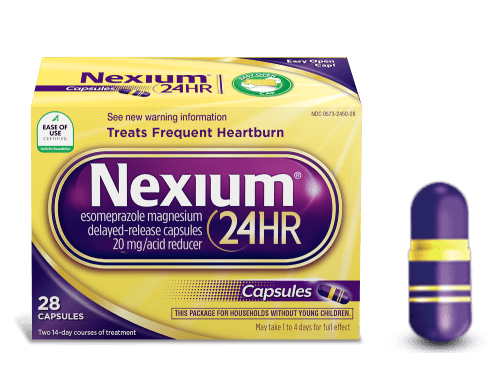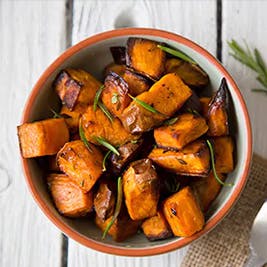COMMON HEARTBURN MYTHS
Heartburn myths, home remedies, and “cures” may actually worsen your symptoms and lead to more serious health problems. That’s why separating fact from fiction is essential when it comes to treating and managing heartburn.
Although some common beliefs about heartburn are true—yes, coffee does cause heartburn!—there are still a number of heartburn myths that need to be debunked.
- Does milk help heartburn?
- Can you use apple cider vinegar for heartburn?
- Does peppermint offer heartburn relief?
These are just some questions you might have when it comes to finding relief for your symptoms, especially when you’re looking for at-home heartburn remedies. However well-intentioned, myths like these can prevent you from finding real, effective solutions for lasting relief. Read on to learn more about the truths behind common myths that surround heartburn.
HEARTBURN RELIEF MYTHS
Myth: Milk Calms Heartburn Symptoms
Studies that examine the effects of certain foods on acid reflux show that this claim isn’t true—in fact, milk might make your heartburn worse! Milk is found to be a common heartburn trigger alongside spicy foods, fried foods, and alcohol, because pasteurized cow’s milk is slightly acidic.1
Myth: Apple Cider Vinegar Is Safe for Heartburn Relief
On the contrary, vinegars, including apple cider vinegar (ACV), are acids.1 Although fermented vinegar contains healthy bacteria that improves digestion, doctors don’t recommend using ACV or any other vinegar to treat heartburn. In fact, the extra acid in apple cider vinegar may promote additional burning and irritation of the esophagus in those who already suffer from heartburn.
Myth: Alkaline Water Can Help Relieve Heartburn
Some evidence shows that alkaline water can deactivate an enzyme in the body related to the production of stomach acid. However, the soothing effects felt after drinking alkaline water come from diluting the stomach acid and flushing the esophagus—which is something tap water can readily do just as well as alkaline water.2
Myth: Peppermint Is an Effective Heartburn Solution
Far from it. Some people consume peppermint tea, candies, and oil in an effort to cool and relieve heartburn. Though peppermint has been used as a dietary supplement to treat a variety of problems from irritable bowel syndrome to headaches and muscle aches, it is also more likely to cause heartburn. In a study conducted on acid reflux risk factors, people who consumed peppermint tea generally experienced more heartburn than those who didn’t.3
Myth: Heartburn Is Only Caused by Certain Foods
Heartburn can be caused by any food. However, some foods are found to trigger heartburn more commonly than others. Common heartburn trigger foods include alcohol, peppermint, coffee, chocolate, spicy foods, greasy and fried foods, tomatoes, and pizza. If you’re experiencing heartburn after meals, we recommend tracking what you eat and when to identify which specific foods may be triggering your symptoms.
Myth: Heartburn Is an Indication of Heart Attack
This is false. While heartburn can cause chest pain near your heart, this condition is not heart related. Heartburn occurs when stomach contents flow back through the esophagus and cause a burning sensation in your throat and chest. The symptoms of heartburn and heart attack are very different but can feel similar. It's important to know when to seek medical help. Learn more about signs of heartburn symptoms vs. heart attack symptoms.
Myth: There Are Effective Home Cures for Frequent Heartburn
There are no true home “cures” for frequent heartburn. The good news is that you may be able to manage heartburn through positive lifestyle changes. Changes to your diet, reducing stress, and other healthy measures can help mitigate the severity of your heartburn symptoms.
Myth: You Will Always Have to Live with Heartburn
This isn’t true. Heartburn affects about 20 percent of people in the U.S., and having heartburn once in a while is common, but suffering nighttime heartburn or frequent heartburn on two or more days per week can have a big effect on your life. While there’s no known cure for heartburn, over-the-counter (OTC) treatments can help you experience lasting relief. Proton pump inhibitors (PPIs) such as Nexium 24HR offer 24-hour relief from heartburn, so you can go about your daily life without constantly worrying about your symptoms. Your doctor can also talk to you about how to stop heartburn using OTC medicines.
Understanding common heartburn myths can help you avoid causing further discomfort. For quick, effective frequent heartburn relief, try Nexium 24HR to stop acid before it starts. Use as directed for 14 days to treat frequent heartburn. Nexium 24HR may take 1-4 days for full effect.
Source Citations:
- GERD Diet: Foods That Help with Acid Reflux (Heartburn). Johns Hopkins Medicine. https://www.hopkinsmedicine.org/health/wellness-and-prevention/gerd-diet-foods-that-help-with-acid-reflux-heartburn/. Accessed 7/24/2023.
- Potential benefits of pH 8.8 alkaline drinking water as an adjunct in the treatment of reflux disease. National Library of Medicine. https://pubmed.ncbi.nlm.nih.gov/22844861/. Accessed 7/24/2023.
- Risk factors for gastroesophageal reflux disease: the role of diet. National Library of Medicine. https://www.ncbi.nlm.nih.gov/pmc/articles/PMC4223119/. Accessed 08/21/2023.

